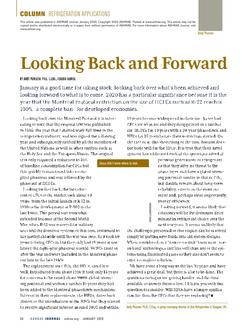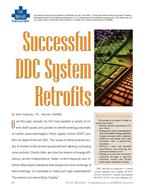The optimization of energy efficient housing is a highly complex problem requiring long computational running processes due to the many options that exist at the time a building is being designed. Although this is the time when critical decisions can be made that have the largest impact on building life-cycle cost (LCC), such large-scale optimization problems are often prohibitive within the building industry because of the excessive computational time. To perform the optimization in an acceptable time frame, the number of design variables is reduced by identifying only those that contribute most strongly to the optimization problem. Using singular value decomposition (SVD), a large number of design variables is reduced to a smaller subset that can be solved more quickly by the optimization algorithm. To expedite the variable selection process, a simplified energy consumption model is developed to replace full annual energy simulations. Once the significant variables are identified the optimization is completed in a reduced timeframe, followed by the application of a local search method to determine the best values of the insignificant variables that were not considered during the optimization process. The developed methodology is applied to a case study of residential building in the U.S and the results are discussed.
Citation: 2017 Winter Conference, Las Vegas, NV, Conference Papers
Product Details
- Published:
- 2017
- Number of Pages:
- 8
- Units of Measure:
- Dual
- File Size:
- 1 file , 860 KB
- Product Code(s):
- D-LV-17-C052


